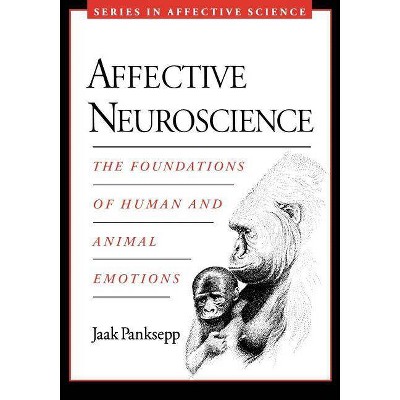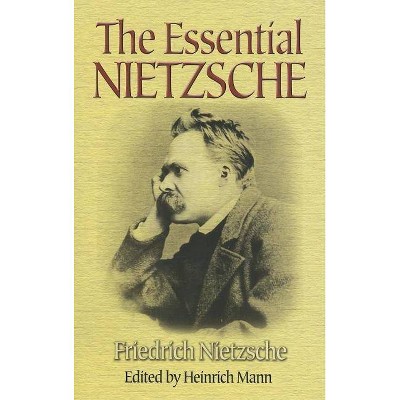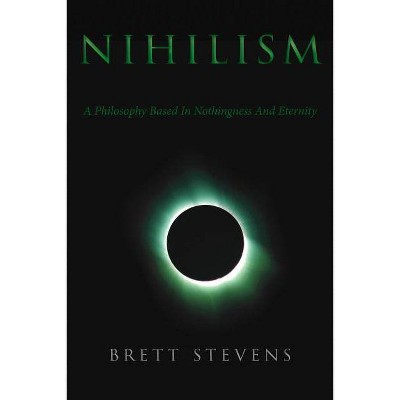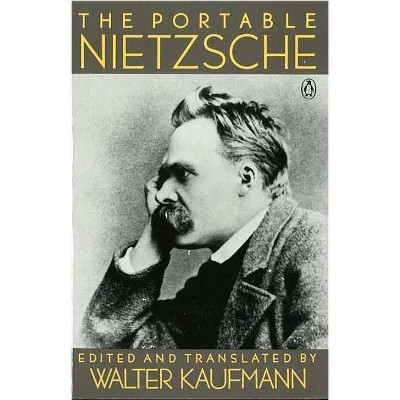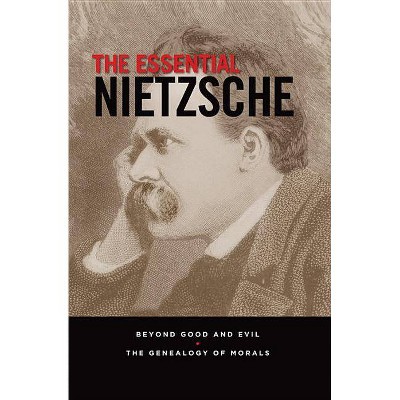The Problem of Affective Nihilism in Nietzsche - by Kaitlyn Creasy (Paperback)
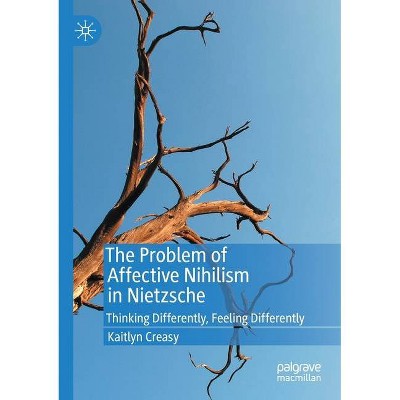
Similar Products
Products of same category from the store
AllProduct info
<p/><br></br><p><b> Book Synopsis </b></p></br></br><p>1 Introduction</p> <p> </p> <p>2 Nietzsche's Genealogy of Nihilism</p> <p>a. Introduction</p> <p>b. European nihilism: A genealogy</p> <p>c. European nihilism and the structure of life-denial</p> <p>d. Conclusion</p> <p> </p> <p>3 Nihilism as Life-Denial</p> <p>a. Introduction</p> <p>b. Life-denial as a cognitive phenomenon: beliefs, judgments of life, and epistemic practices</p> i. Belief in a "beyond"<p></p> ii. Belief in a higher purpose<p></p> iii. Belief in objectivity or "knowledge as such"<p></p> iv. Life-denying morality: The harm of the "the Good"<p></p> v. Life-denying epistemic orientations and practices<p></p> c. Life-denial as socio-cultural: institutions and ideologies<p></p> <p>d. Life-denial as psychophysiological: drives, affects, and the will </p> <p>e. Conclusion</p> <p> </p> <p>4 Before Affective Nihilism, Understanding Affect</p> <p>a. Introduction</p> <p>b. Affect in Nietzsche</p> <p> i. Affects as inclinations and disinclinations (with a first-personal, phenomenal character) that produce beliefs, experience, and behavior</p> <p>  <p/><br></br><p><b> From the Back Cover </b></p></br></br><p>Nietzsche is perhaps best known for his diagnosis of the problem of nihilism. Though his elaborations on this diagnosis often include descriptions of certain beliefs characteristic of the nihilist (such as beliefs in the meaninglessness or worthlessness of existence), he just as frequently specifies a variety of affective symptoms experienced by the nihilist that weaken their will and diminish their agency. This affective dimension to nihilism, however, remains drastically underexplored. In this book, Kaitlyn Creasy offers a comprehensive account of affective nihilism that draws on Nietzsche's drive psychology, especially his reflections on affects and their transformative potential. After exploring Nietzsche's account of affectivity (illuminating especially the transpersonal nature of affect in Nietzsche's thought) and the phenomenon of affective nihilism, Creasy argues that affective nihilism might be overcome by employing a variety of Nietzschean strategies: experimentation, self-narration, and self-genealogy.</p><p/><br></br><p><b> About the Author </b></p></br></br><p><b>Kaitlyn Creasy</b> is Assistant Professor of Philosophy at California State University, San Bernardino. Her work has been published in the <i>Journal of Nietzsche Studies, Environmental Philosophy, </i>and anthologies in Nietzsche studies and environmental philosophy.</p>
Price History
Price Archive shows prices from various stores, lets you see history and find the cheapest. There is no actual sale on the website. For all support, inquiry and suggestion messagescommunication@pricearchive.us
